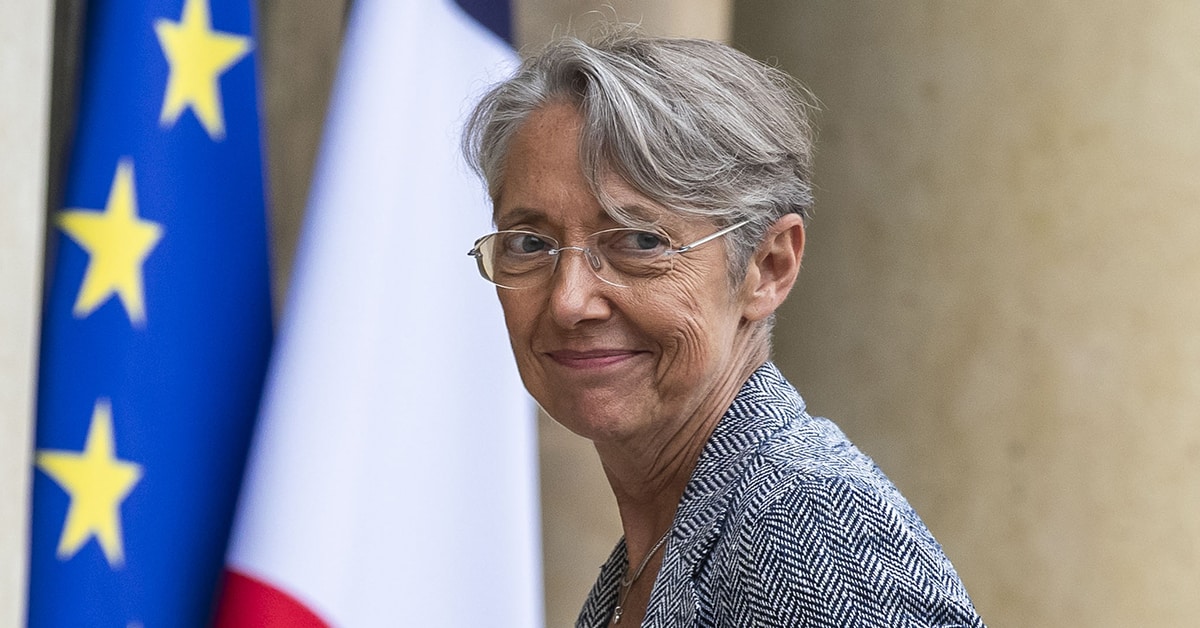Newly re-elected French President Emmanuel Macron anointsthe first female prime minister in decades.

In his re-election speech from Champ de Mars in April, Emmanuel Macron promised the French to do everything possible to combat all forms of inequality and discrimination and guarantee the nation’s unity and prosperity. To succeed, he chose Élisabeth Borne as his new prime minister, the first woman to hold the post in more than 30 years.
A graduate of France’s elite École Polytechnique, Borne, 61, has been a member of the government without interruption since 2017. In her earlier stints as minister of transport, labor and ecological transition, she gained a reputation as an efficient administrator with a tough negotiating style. With her appointment, Macron, who has often been accused of tilting to the right, also aims to appeal to the more progressive electorate. “Borne has no independent political base, and has never stood for election,” says Alistair Mark Cole, an expert on French politics and Head of the Department of Government and International Studies at Hong Kong Baptist University. “However, she has a solid reputation on the left, as a close advisor to former premier Lionel Jospin and environment minister Ségolène Royal.”
Borne fits perfectly Macron’s type of leadership, Cole adds: “She is loyal and very unlikely to challenge the President, an ‘éxecutor’ of presidential directives, rather than an independent political force; she also can practice ‘consultation’ with social partners without involving the trade unions too closely in negotiations.”
However, he notes, Borne faces tough challenges. “The biggest ones will be the pension reform (Macron’s pledge to raise the retirement age to 65) and dealing with the aftermath of social reforms (strikes around pension and welfare changes are likely), health (Covid-19) and international crises (Ukraine).” Along with her technical skills, the new prime minister will also need to demonstrate political leadership. “While she is an asset to Macron,” Cole notes, “her fortunes might ultimately depend on how well she secures the rallying of remaining forces on the center-left that are reluctant to engage with the Nouvelle Union Populaire Écologique et Sociale (NUPES), the pact headed by the leader of the far-left opposition party La France Insoumise (LFI) Jean-Luc Mélenchon.”



